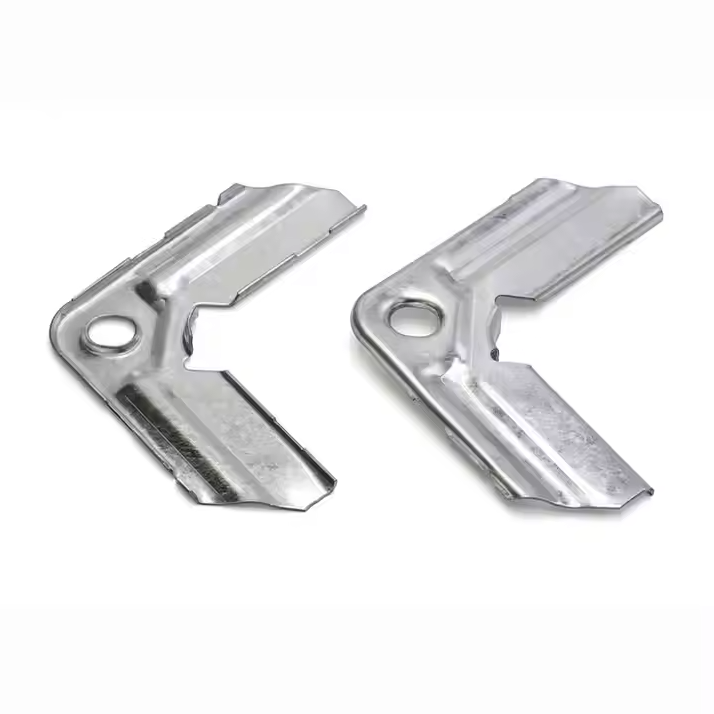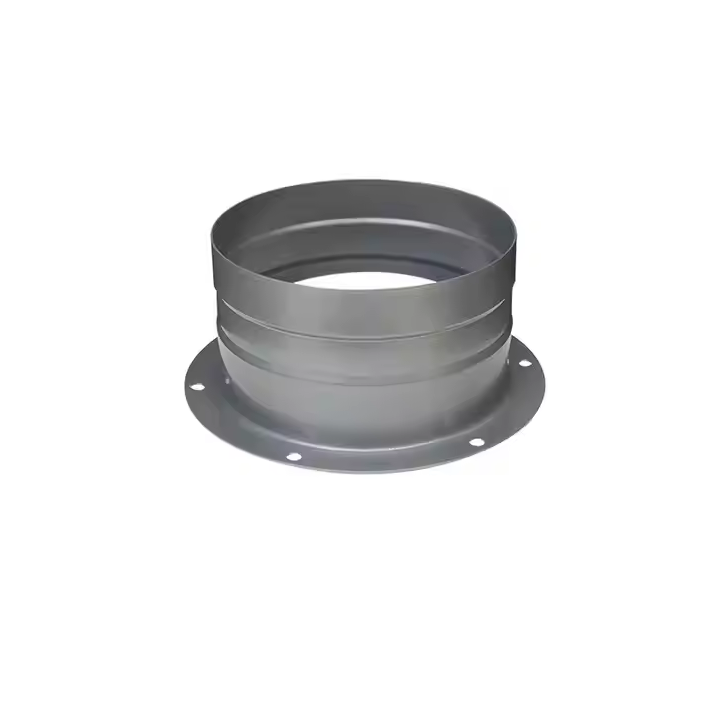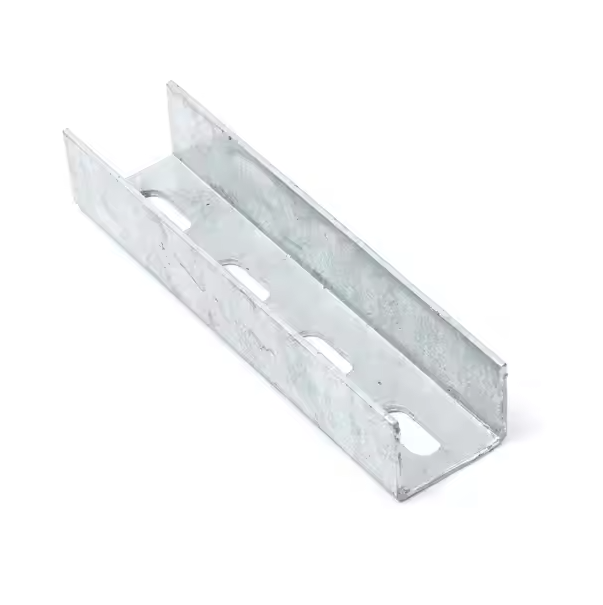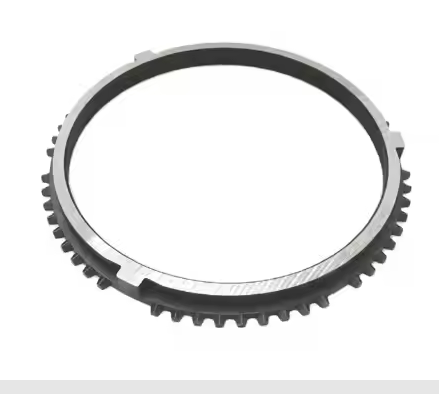Titanium anodizing, as an efficient and environmentally friendly surface modification process, not only significantly improves its wear resistance, corrosion resistance, high temperature resistance and other properties, but also gives titanium rich colors and unique appearance texture, becoming one of the core technologies to promote the upgrading of titanium application.
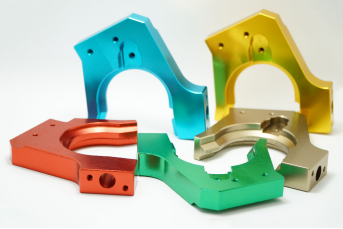
Definition of titanium anodizing
Titanium anodizing refers to the process of using titanium or titanium alloy as anode, placing it in a specific electrolyte, and generating a uniform, dense and thick oxide film on the surface of titanium material through electrochemical reaction under the action of direct current or alternating electric field.
Advantages and characteristics of titanium anodizing
Excellent protective performance
The hardness of the formed oxide film is high, which can reach HV 300-1000, effectively improving the wear resistance of the titanium surface, reducing the wear rate and extending the service life.
Rich decorative effects
By controlling the oxidation process parameters, a variety of gorgeous colors from light to dark colors can be presented on the titanium surface, such as gold, blue, black, purple, etc.
Good biocompatibility
The titanium dioxide oxide film is non-toxic and non-irritating, and has good compatibility with human tissues and body fluids.
Adjustable surface properties
According to different application requirements, the thickness, porosity, surface roughness and other parameters of the oxide film can be adjusted by changing the anodizing process.
Environmentally friendly and sustainable
Compared with some traditional surface treatment processes (such as electroplating), the titanium anodizing process does not use harmful chemicals containing heavy metals, the electrolyte can be recycled, and the wastewater treatment is relatively simple, which meets environmental protection requirements. It is a green and sustainable surface treatment technology that conforms to the development trend of modern industry for environmental protection.
Types of titanium anodizing
Ordinary anodizing
Anodizing in acidic electrolytes such as sulfuric acid and oxalic acid is the most common titanium anodizing process.
Hard anodizing
Using higher voltage and lower temperature, oxidation in a specially formulated electrolyte can obtain an oxide film with a thickness of 50-250μm and extremely high hardness.
Micro-arc oxidation
Also known as plasma electrolytic oxidation, high voltage is applied during the anodizing process to produce micro-arc discharge on the surface of the titanium material. The instantaneous high temperature and high pressure promote the rapid growth and densification of the oxide film.
Color anodizing
Based on the principle of light interference, by precisely controlling the thickness of the oxide film, light of different wavelengths interferes on the surface of the film layer, presenting various colors.
Application fields of titanium anodizing
Aerospace
In the field of aerospace, titanium and titanium alloy parts can effectively improve their corrosion resistance, wear resistance and fatigue resistance in extreme high-altitude environments after anodizing.
Medical industry
Titanium anodized materials are ideal for manufacturing medical devices such as artificial joints, dental implants, and heart stents due to their good biocompatibility and surface properties.
Chemical and marine engineering
Anodized titanium equipment, such as reactors, heat exchangers, and seawater desalination devices, can effectively resist the erosion of highly corrosive media such as acid and alkali solutions and seawater, extend the service life of the equipment, reduce equipment replacement and maintenance costs, and ensure the stable operation of chemical production and marine engineering.
Decoration and consumer electronics
Colored anodizing gives titanium materials rich colors and unique metallic textures, making them popular in the field of decoration.
Energy field
In energy equipment such as solar photovoltaics and fuel cells, titanium anodizing technology can be used to manufacture electrode materials and current collectors.
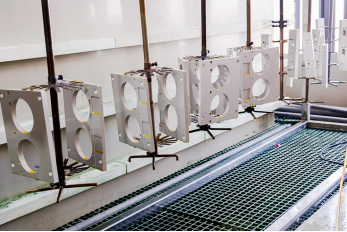
As a surface treatment technology with great potential, titanium anodizing is deeply integrated into the development process of various industries with its unique performance advantages and broad application prospects. Our factory focuses on the research and development and application of titanium anodizing technology. With its profound technical background and rich practical experience, it has become a leading titanium surface treatment solution provider in the industry, committed to providing customers with high-quality and personalized services.
